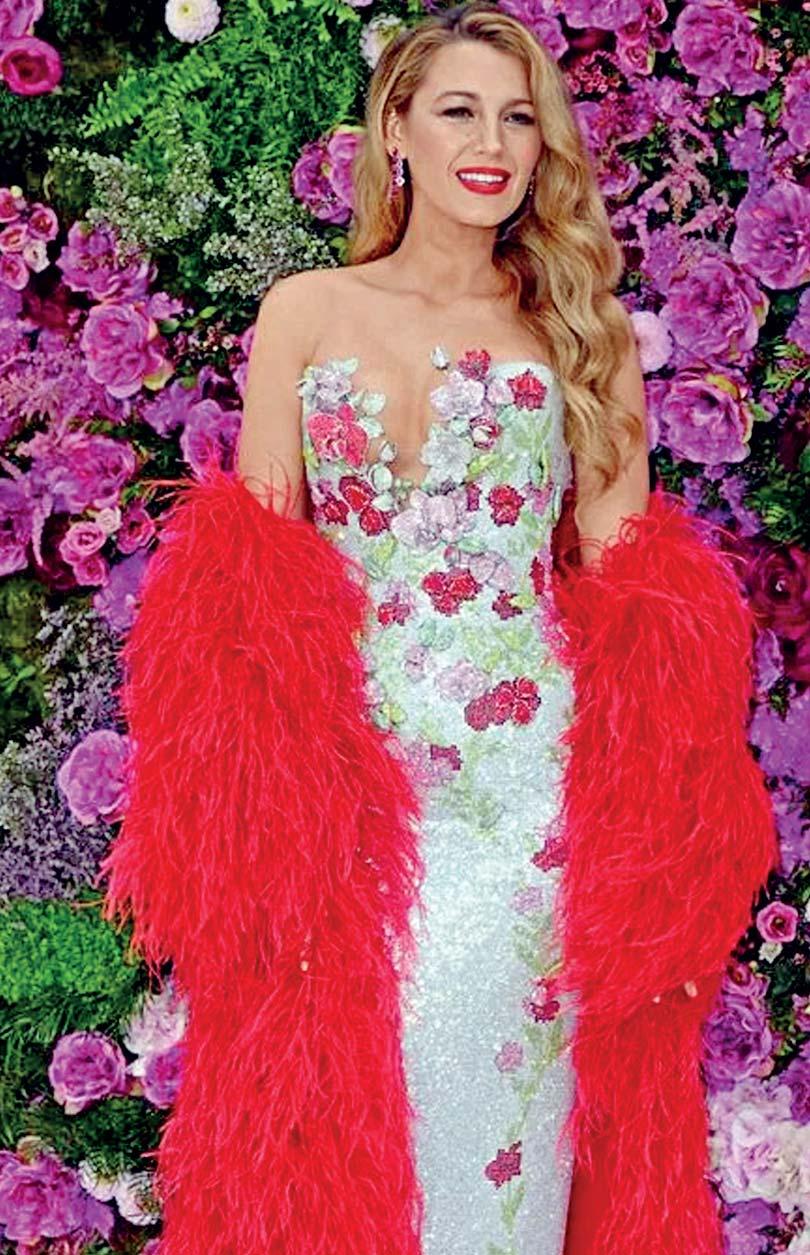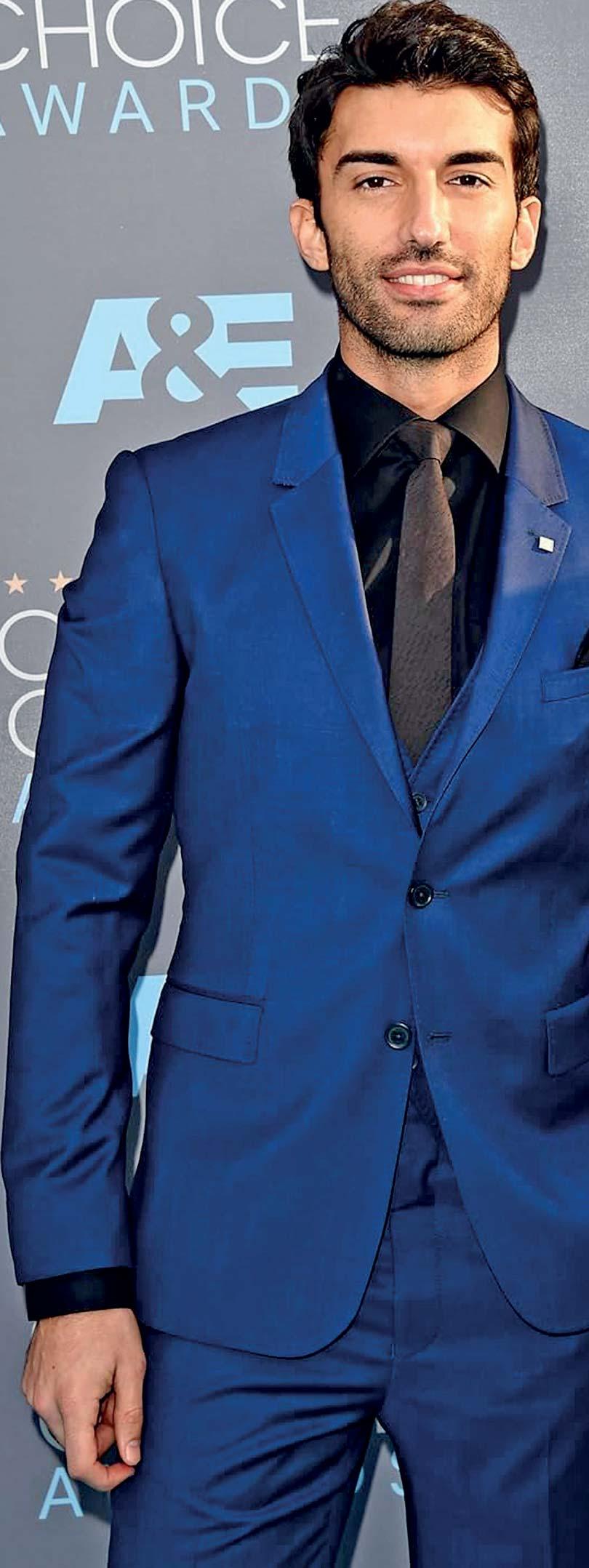


For Lauren Neidigh, the experience has transformed her role from a YouTube commentator into an active participant in the legal dispute. Her filing for a protective order signals a shift from commentary to legal self-defence
The public response to Lively’s claims has been bolstered by support from several high-profile celebrities. Gwyneth Paltrow, Amy Schumer, America Ferrera, Amber Tamblyn, and Alexis Bledel issued a joint statement applauding Lively’s courage and commitment to challenging silence in the entertainment industry
In a significant turn of events in the ongoing legal dispute surrounding the film adaptation of It Ends With Us, YouTuber Lauren Neidigh, known online as LethalLauren904, has filed for a protective order against actress Blake Lively. Neidigh alleges harassment and intimidation, marking a new chapter in a broader legal saga that began last year between Lively and actor-director Justin Baldoni. According to Neidigh, she was served with a subpoena demanding sensitive banking information and personal data.
She asserts that the action was not aimed at gathering evidence but rather at discouraging online commentary related to the lawsuit. Although Lively’s legal team subsequently withdrew the subpoena, Neidigh contends that the damage was already done. The experience, she claims, created a chilling effect on independent creators and commentators who have engaged with the case through social media platforms and YouTube. Legal analysts have weighed in, with some describing the attempt to subpoena financial records from content creators as an overreach and a potential misuse of legal process.
The situation further intensified earlier this week when Justin Baldoni made an unanticipated appearance at Blake Lively’s court-ordered deposition in New York City. Lively had previously petitioned to conduct her deposition privately at her attorney’s office, citing privacy and security concerns. The judge granted the request, despite opposition from Baldoni’s legal team. In a controversial suggestion, Baldoni’s representatives proposed that the deposition take place at Madison Square Garden and be streamed online. This proposal was promptly denied by the judge, who upheld the original ruling in favour of privacy and procedural integrity. The legal conflict originated when Lively filed a formal complaint, alleging workplace harassment and retaliation during the production of It Ends With Us. Baldoni responded with a countersuit, naming both Lively and her husband, actor Ryan Reynolds, as defendants.
He accused them of defamation and extortion, seeking four hundred million dollars in damages. In June, the court dismissed Baldoni’s countersuit, determining that the statements made by Lively to the California Civil Rights Department were protected under anti-retaliation laws. The judge’s decision reinforced the principle that communications made in the context of filing a legal or civil rights complaint are safeguarded by statute.
The public response to Lively’s claims has been bolstered by support from several high-profile celebrities. Gwyneth Paltrow, Amy Schumer, America Ferrera, Amber Tamblyn, and Alexis Bledel issued a joint statement applauding Lively’s courage and commitment to challenging silence in the entertainment industry. They framed her legal action as part of a broader movement to confront systemic misconduct and institutional pressure that has long silenced victims and whistleblowers. Their endorsement positioned Lively not only as a claimant in a legal case but also as a symbolic figure in an ongoing cultural reckoning within Hollywood. At the same time, YouTubers such as Lauren Neidigh, Kassidy O’Connell, and McKenzie Folks have emerged as vocal advocates for transparency and free speech in the digital age. These creators have used their platforms to scrutinize the legal proceedings and to question what they view as attempts to suppress critical discourse. After the subpoenas were issued, several creators publicly condemned the legal tactics, describing them as invasive and intimidating.
Many legal observers have echoed these concerns, arguing that requesting detailed financial records from online commentators sets a troubling precedent and risks chilling public discussion. While courts are designed to adjudicate claims and establish legal precedent, the courtroom is only one arena in which this high-profile dispute is unfolding. Public perception has played a critical role in shaping the narrative, with both Lively and Baldoni engaging in parallel battles for credibility and public support. On one side, Lively is portrayed by her supporters as a woman speaking out against injustice. On the other side, Baldoni’s defenders argue that he is attempting to protect his professional reputation and challenge potentially damaging accusations.
This dynamic has underscored a growing tension between celebrities, online creators, and the legal tools available to both. The advent of social media has transformed the way the public engages with high-profile legal cases. No longer confined to courtroom transcripts and official press releases, the narrative now unfolds in real time across Twitter, YouTube, Instagram, and TikTok. This transformation has made it increasingly difficult for any party to fully control the story. Legal teams must now weigh the impact of public perception alongside traditional courtroom strategy. The case also reflects broader questions about how the law treats digital commentary. Legal experts caution that while public figures have a right to protect themselves from defamation, there must be a balance that preserves free expression. The use of subpoenas to extract private data from creators, especially in cases where the relevance of such data is not clearly established, could be seen as a misuse of power and an attempt to silence critics through fear of legal reprisal.
For Lauren Neidigh, the experience has transformed her role from a YouTube commentator into an active participant in the legal dispute. Her filing for a protective order signals a shift from commentary to legal self-defence. It also raises important questions about the extent to which private citizens can or should be drawn into celebrity litigation simply for exercising their right to public discourse. Her case may come to represent a watershed moment in how courts interpret the relationship between public commentary and legal boundaries. As the dispute moves forward, attention remains fixed not only on the outcome of the legal claims but also on the broader implications for the entertainment industry and digital culture. The stakes are no longer limited to monetary damages or legal vindication. They now include reputational risk, the integrity of public discourse, and the evolving balance of power between institutions, individuals, and influencers.
With each new development, from unexpected courtroom appearances to social media statements, the case continues to captivate a divided public. For some, it is a story about accountability and the courage to confront powerful interests. For others, it is a cautionary tale about trial by public opinion and the potential misuse of legal process. In either interpretation, it is clear that the traditional rules of engagement no longer apply. The dispute between Blake Lively and Justin Baldoni has become more than a legal battle. It is a reflection of the changing landscape of celebrity, law, and digital media. As both parties continue to navigate this complex terrain, the final resolution may set important precedents for how similar disputes are handled in the future. Whether in court or on social media, the question of who controls the narrative remains central. And in today’s media-saturated world, that question may prove just as important as the verdict itself.











